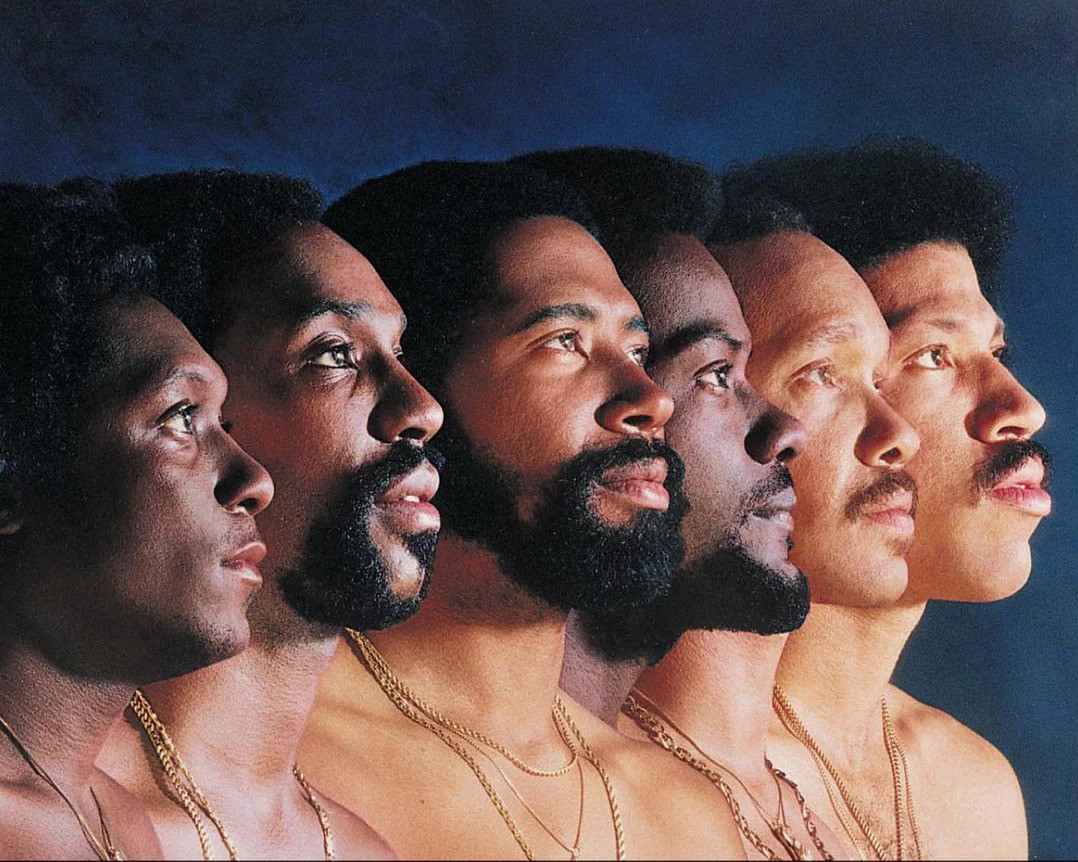Elton’s ballad reborn in Philadelphia
Covering Elton John at the height of his influence requires courage. Making the song sound like it was written for you calls for something different altogether. Billy Paul added a whole new coat of soul to Your Song—by then already one of Elton’s most treasured ballads—in 1972. The British delicacy had vanished; something deeper, slower, more sensual had taken its place. Billy didn’t merely sing it. He had it. It seems this modest love letter had waited years for a Philadelphia falsetto to open its real voice.
Paul had already established himself with Me and Mrs. Jones, that sultry confession brimming with guilt and beat. On Your Song, though, he went back on delivery rather than on instrumentation. He folds notes like he would silk. His phrasing lingers, swings, waits for your attention before pulling you in further. While Elton showed vulnerability, Billy brought seduction. Billy’s voice was powerful; Elton’s was quiet. Although the lyrics remained unaltered, the tone changed absolutely.
Produced by Gamble and Huff, the recording is classic Philly soul with orchestra that buffers rather than overwhelming. Horns breathe, strings glide, and the rhythm section walks with poise. While it is rich, it is also regulated. Billy’s voice, still the star, never gets overshadowed by the arrangement. The performance has a gospel undertone, a hint of jazz phrasing, and a conversational warmth that makes it seem almost spontaneous—like a lover opening up mid-dance.
Soul was growing in the early ’70s and pushing the limits of what pop could incorporate. Billy Paul, with his jazz background and social consciousness, exemplified that change. Though it didn’t chart as his top hits, his song Your Song developed cult appeal—a cover that changed, not just reinterpretation. He wasn’t honoring Elton. He was speaking from the same place, merely across a different sky.
Although it started in someone else’s hands, what still makes Billy Paul’s Your Song so potent is its deeply personal character. That separates a great interpreter. He did not change the song. He redrafted the content. And he reminded us in doing so that a love song is only as genuine as the man ready to believe every word of it.





